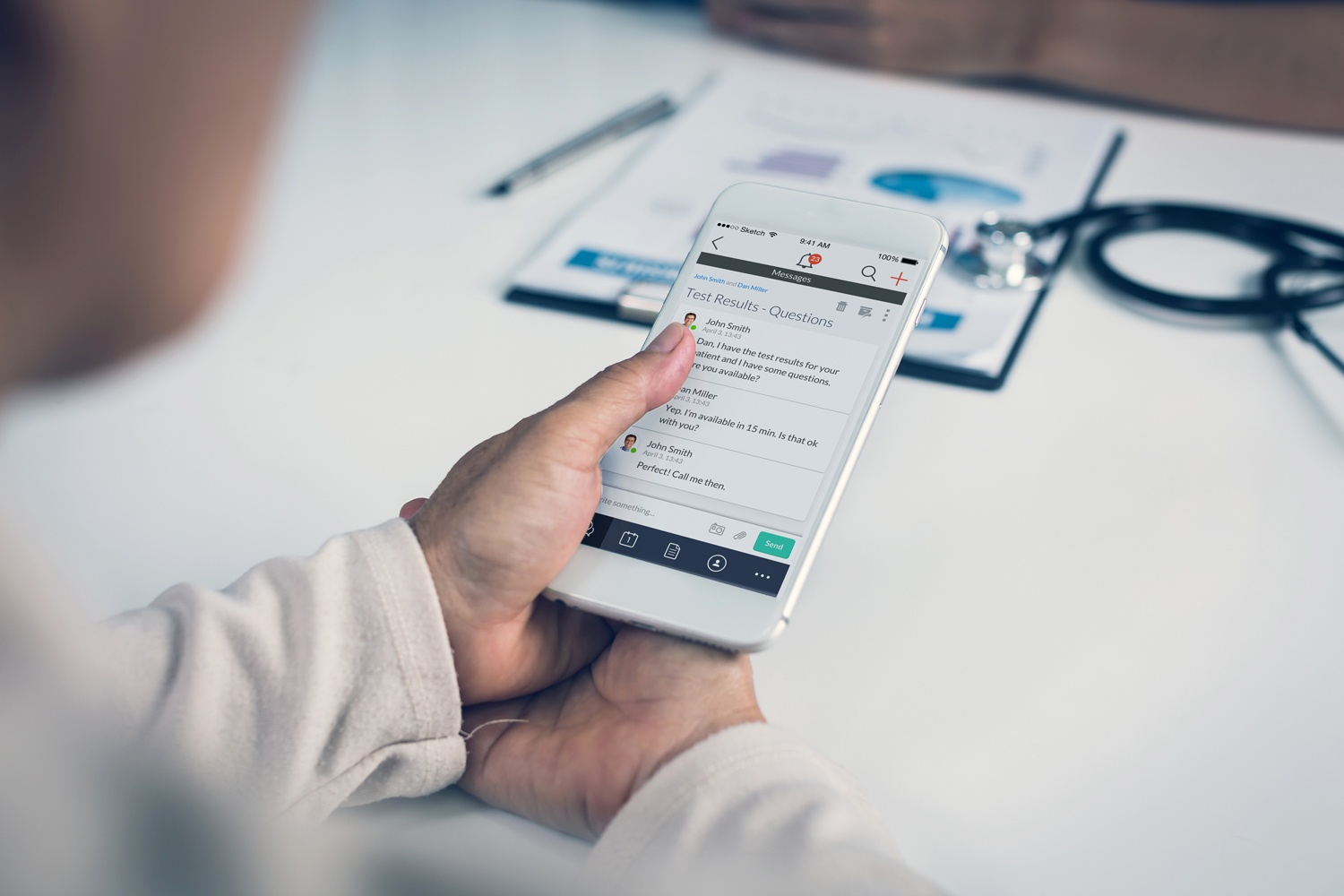
With technology invading hospitals, doctors have increasingly needed to adopt and adapt to these new devices in many aspects of their daily work. What’s more, new doctors entering the medical field have grown up with technology at their fingertips, furthering the evident continuation of technological investment in hospitals and other healthcare facilities in the future. This reality, however, has a direct impact on security and the measures needed to be taken to protect valuable patient information.
How Are Doctors Reacting to Technology?
As an article in the BCMJ Journal points out, “Some physicians worry that the explosion of technology in medicine threatens to overwhelm the close relationship between doctor and patient so essential for good patient care. On the contrary, new technologies, many of which have to do with obtaining reliable information rapidly and adding precision to diagnosis, will give discerning physicians more time to spend with their patients.”
It’s safe to say, whether willingly or not, doctors are now considered technophiles. The various needs behind the development of certain tools and the usefulness of others have made many technologies essential and difficult to live without. As the article points out, they even contribute to better relationships between doctors and their patients.
With the vastness of the needs and uses of the technologies available to physicians and other healthcare professionals, the privacy of the information held within these technologies varies as well, requiring different levels of care in regards to security.
Are Some Technologies Used Better Than Others?
When we talk about technological tools used in hospitals, we often think of the larger, bulkier tools such as CAT scans and MRIs. However, physicians do not only use devices that take up an entire room, but most often, use ones that fit in the palm of their hand.
As much as the use of many of these tools increase efficiency, efficacy and patient care coordination, sometimes the ease of access of some of these tools can lead to their improper use.
Take, for example, smartphones. Their accessibility is unmatched and their use is ever-increasing, from looking up medical conditions, to medical apps, to everyday use. A healthcare professional’s phone at work is still the same one used in their personal lives, emphasizing the need to ensure the safekeeping of work information from the lesser if not nonexistent safety measures used outside of work.
In such a technological era, however, attention to privacy is important. Shockingly, a survey by Calgary plastic surgeons recently revealed: “Nearly all used cellphones to take clinical images. Almost three-quarters then mixed them with other personal images on their phone. A quarter had accidentally shown them to friends or family. [...] Twenty-five percent of the physicians admitted to having accidentally disclosed other people’s medical pictures — there’s Johnny, there’s the birthday party, oh, there’s somebody’s neck dissection.”
What Can Be Done to Protect Patient Information?
Doctors sometimes need to snap pictures and share them with colleagues for a second opinion or simply to keep someone in the loop. However, the nature of the private information contained within these pictures needs to be protected and shared within a secure and encrypted environment. Snapping a picture and having it in your camera roll does little to help you, or the patient.
Secure messaging used within healthcare establishments and within medical teams allow group members to quickly and easily share information, files and attachments safely. Taking a picture within the app ensures the picture stays there, isn’t added to your phone’s camera roll, and stays within the conversation for a set amount of time. This ensures safety of patient information at the time the picture or message is sent, during it’s sending and afterwards as well.
With 96% of doctors using smartphones, the risk of patient information breaches and leaks will only increase if protective measures aren’t taken. Physicians becoming technophiles is a great thing in today’s highly technological world, however, ensuring the security of information is important in keeping this an advantage rather than an impediment to patient privacy.
Implementing a secure messaging platform is crucial in the healthcare industry, especially when dealing with private patient information. Selecting one that suits your specific needs, however, is just as important.
